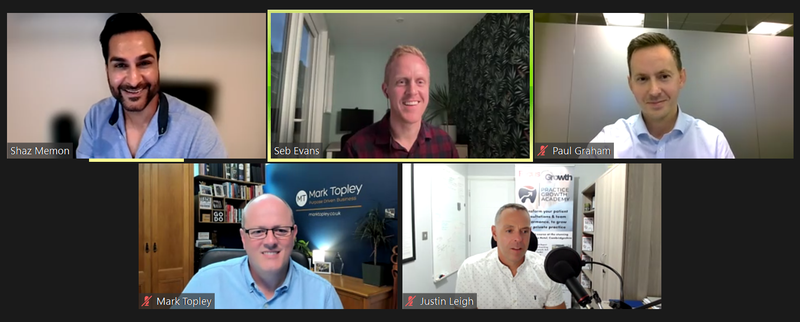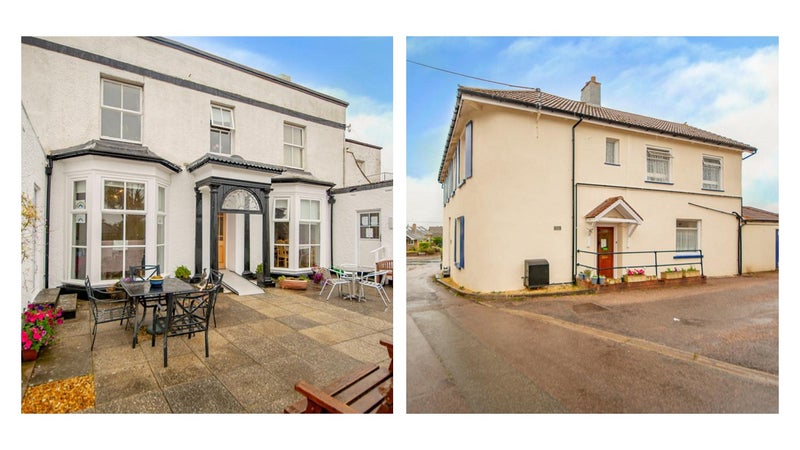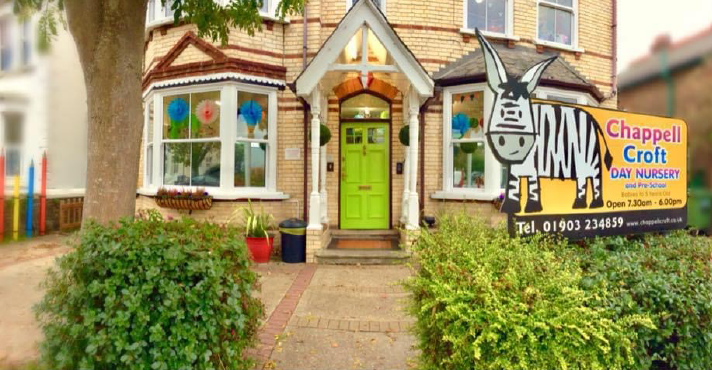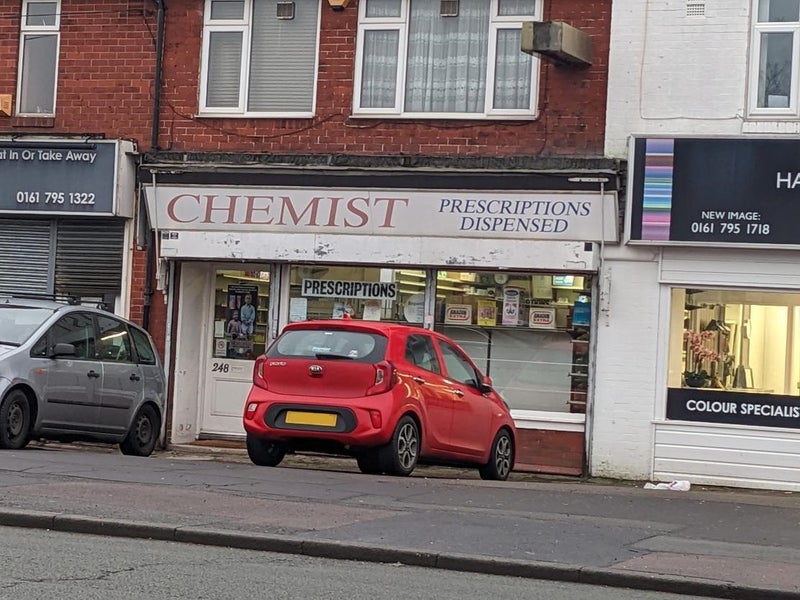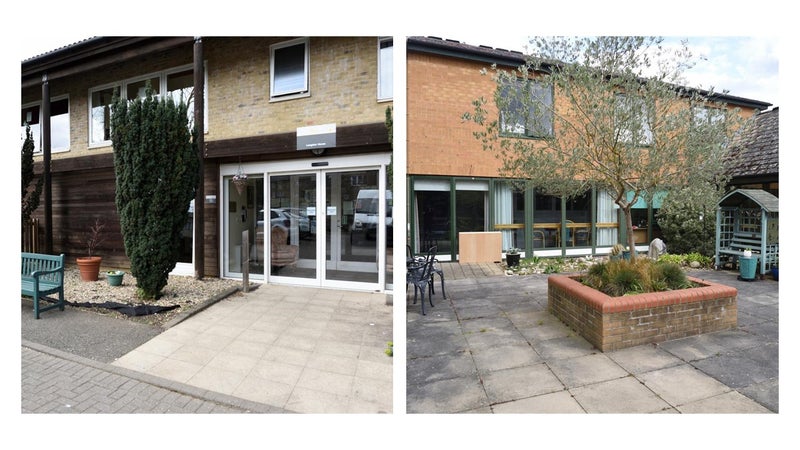Deal structures when selling your dental practice and remaining on
Jonathan Watson, Director in our dental team, shares his knowledge on current deal structures and what to do if you're thinking about remaining on post-sale.

As we head defiantly out of the pandemic, we are seeing significant demand for all types of dental practices across the market. Despite this, there remains a relatively small number of practices available for sale and not enough supply to satisfy the insatiable demand. This imbalance has made for extremely favourable conditions for those looking to sell, which, when handled correctly, can get you the best outcome for your sale.
Don’t deal direct
Too often we see a seller receiving a direct approach from an operator, or an Associate in their practice, resulting in a mediocre offer with onerous post-sale terms. It can be tempting to accept the first offer which is presented, but it is important to explore all options through a reputable agent who can not only chase the deal through quickly to completion, but also assist with any commercial issues which arise throughout the process.
At a time when a couple of the high street challenger banks have chosen to pull back from the market, it is perhaps more prudent that ever to understand the buyer’s funding position before accepting a hasty proposal. Whilst dentistry remains a ‘green light’ sector for many lenders, it is crucial to ensure purchasers are well-backed or are being assisted by an experienced mortgage broker who can arrange funds for the buyer in a timely manner.
There are more buyers for practices than ever before, with many operators making up for lost time after a challenging couple of years, and a number of new market entrants with aggressive equity-backed acquisition programmes. This has meant that deal structures are extremely varied, and it is important to seek assistance from specialist advisers who can help to unravel the offer terms and negotiate a more favourable position for the seller.
Current deal structures
Deal structures can fluctuate dramatically, from 100% of the proceeds being paid on completion, particularly with NHS practices and smaller owner-operated private clinics, to a significant portion of the offer being deferred due to the reliance on the Principal.
Most purchasers will defer proceeds in cash, but some operators will offer loan notes or shares in the acquiring company – this can be extremely lucrative, but much depends on the individual’s personal circumstances and financial planning as to whether this is a preferable option.
Where there is seen to be significant personal goodwill attached to a clinician, we tend to see the proceeds deferred for a longer period of three to five years to provide a gradual transition and alleviate the risk of patient drop-off. The type of dentistry also plays a role, with general dentistry being seen as easier to recruit and replicate, whereas specialist treatments will typically carry a higher risk depending on the profile of the purchaser.
Remaining on post-sale
We’re often asked, especially by private dentists, whether it is necessary to ‘tie-in’ as an Associate for a period after completion. The general answer is yes, as the transfer of patient relationships is a very sensitive area for a buyer and its lending bank or institution.
It also often suits the outgoing Principal’s circumstances to continue working; and this is usually on the income they generated working as a Principal. Typically, it is seen that the greater the Principal’s personal income, the higher the risk for a buyer and therefore the longer they are likely to tie-in for.
When the Principal is remaining post-sale as a clinician, it is important to agree remuneration terms at the outset of the deal. This includes negotiating the rate of pay for NHS, plan and private treatments; the days and hours to be worked; the lab contribution and any other adjustments such as hygiene referrals and bonuses.
It is also important to study the detail in the offer letter and subsequent sale agreement which will often include a competition clause. This will restrict the outgoing Principal in acquiring or working in businesses within close proximity of their practice after completion. This can vary in both the mile radius agreed and the period of time it applies for post-sale.
Maintaining or growing revenue
Typically, the Principal will be given a turnover target in line with their practice revenue which they must achieve each year of the tie-in in order for the deferred proceeds to be paid out. This is sometimes adjusted in line with annual inflation or Consumer Price Index where there will be gradual organic growth. Funds are usually clawed back annually against performance, with the mechanism varying depending on the purchaser and the deal that the agent has achieved. This might be, for example, that 50p is deducted from the deferred consideration for every £1 of revenue recorded below the turnover target.
Whilst deals tend to focus on maintaining revenue, we are at a time where there is a real surge by patients towards private and cosmetic treatments. For this reason, a growth clause can be inserted which will reward the seller for growing revenue over the next few years. This is extremely important to consider when the practice is still in its ascendency or there is a specific patient demand with a huge opportunity for driving a particular income stream.
Taking all the above into consideration, it is imperative that operators take advice to not only untangle and understand all the terms and implications of a proposal, but also to negotiate a satisfactory offer level and post-sale conditions. Only by approaching the open market will sellers have the peace of mind that all options have been explored and they are receiving the best possible terms for their practice.
If you are considering selling your dental practice, and would like a confidential chat about your options, contact Jonathan Watson: jonathan.watson@christie.com / +44 7713 061 582
